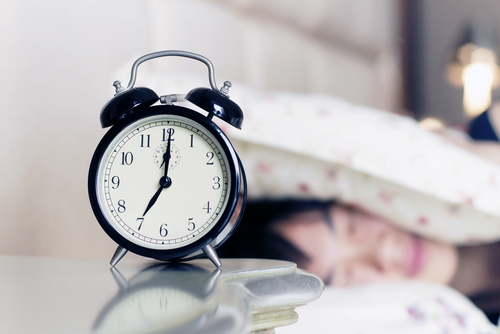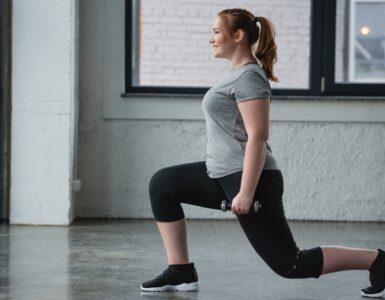How much sleep do we need?
• On average, adults need 7-8 hours of sleep each night. Infants need about 16 hours of sleep, typically not continuous. And as we age, sleep amount decreases to around 5-6 hours per night in the elderly.
What is insomnia?
• Difficulty going to sleep or staying asleep despite having adequate time and opportunity.
• It is the most prevalent sleep disorder
o Everyone has had a sleepless night at one time or another
o Occurs in individuals of all ages• According to a 2005 National Sleep Foundation survey, 54% of respondents reported having insomnia a few times a week; 33% experienced systems every night.
• Chronic insomnia (lasting more than one month) affects 10-15% of the population.
o This is more prevalent in women, older adults, and patients with chronic medical and psychiatric disorders.
What causes insomnia?
• Common risk factors for insomnia include increasing age; female, medical or psychiatric disorders; substance use; shift work; unemployment; and lower socioeconomic status.
• With the exception of fatal familial insomnia, a rare genetic disorder, no specific genetic associations have been identified.
• A familial tendency for insomnia has been observed, but not much is known in this area.
Are there different types of insomnia?
Yes. There are two categories of insomnia: primary and comorbid.
• Primary insomnia is thought to be a hyper-aroused state. In looking at PET images (functional brain scans) of patients, insomnia patients showed increased cerebral metabolism while asleep.
• Comorbid insomnia is caused by other factors such as medical and psychiatric disorders or sleep and substance use disorders.
o About 40% of people with insomnia have an underlying psychiatric condition.
o More than 90% of patients with major depressive disorder have sleep disturbances.
Common Symptoms
• Insomnia often causes some form of daytime impairment such as fatigue, decreased mood, irritability, or cognitive impairment. People also experience problems concentrating, lack of energy and motivation, headaches, and gastrointestinal problems.
When should you see a professional and seek treatment?
• When symptoms are causing problems in family life or at work, preventing you from meeting daily responsibilities.
• Symptoms are persistent, occurring several times a week for more than four weeks.
Treatment Options
• Treat underlying causes
o Sleep apnea – If you snore, wake yourself up snoring, or are told you stop breathing in your sleep, a formal sleep evaluation may be helpful as well as a sleep study.
o Restless legs syndrome (RLS) – If you have discomfort in your legs, such as a creepy-crawly feeling associated with a need to move, which gets worse at night, get a sleep evaluation. Medications can be helpful.
o If you are sad or depressed for more than two weeks, you might have clinical depression or major depressive disorder. Talk with your doctor or a mental health provider.
• Psychological or behavioral therapy
o Psychological and behavioral interventions are effective and recommended.
• Pharmacotherapy (medications)
o Some medications have side effects or a risk for dependence and tolerance.
Sleep-Wake Center’s multi disciplinary treatment team
At University Health Care’s Sleep-Wake Center, patients are evaluated by a team of physicians and clinical staff specially trained and certified in the treatment of sleep disorders. They include
• Pulmonologist board certified in sleep medicine
• Neurologist board certified in sleep medicine
• Psychologist board certified in behavioral sleep medicine
• Psychiatrist board certified in sleep medicine
• Two Physician Assistants specializing is sleep medicine
Tips for getting a better night’s sleep
Following are several healthy lifestyle practices that improve sleep and promote good sleep hygiene.
• Go to bed only when sleepy
• Maintain a regular schedule
• Avoid naps
• Eat a healthy diet and get regular exercise
• Reduce (or eliminate) stimulants such as caffeine, alcohol, and nicotine
• Have a quiet sleep environment
• Take the clock out of the bedroom (knowing the time increases the pressure to sleep)
Some people also use black out blinds, a sleep mask, breathe right strips or white noise to aid sleep. Anything that makes the room more relaxing and conducive to sleep is helpful. There is no research to say it works for everybody, but certain things will work better for some than others.
To schedule a sleep evaluation or request more information on insomnia or other sleep disorders, call University Health Care’s Sleep-Wake Center at (801) 581-3067 or go to www.healthcare.utah.edu















Add comment